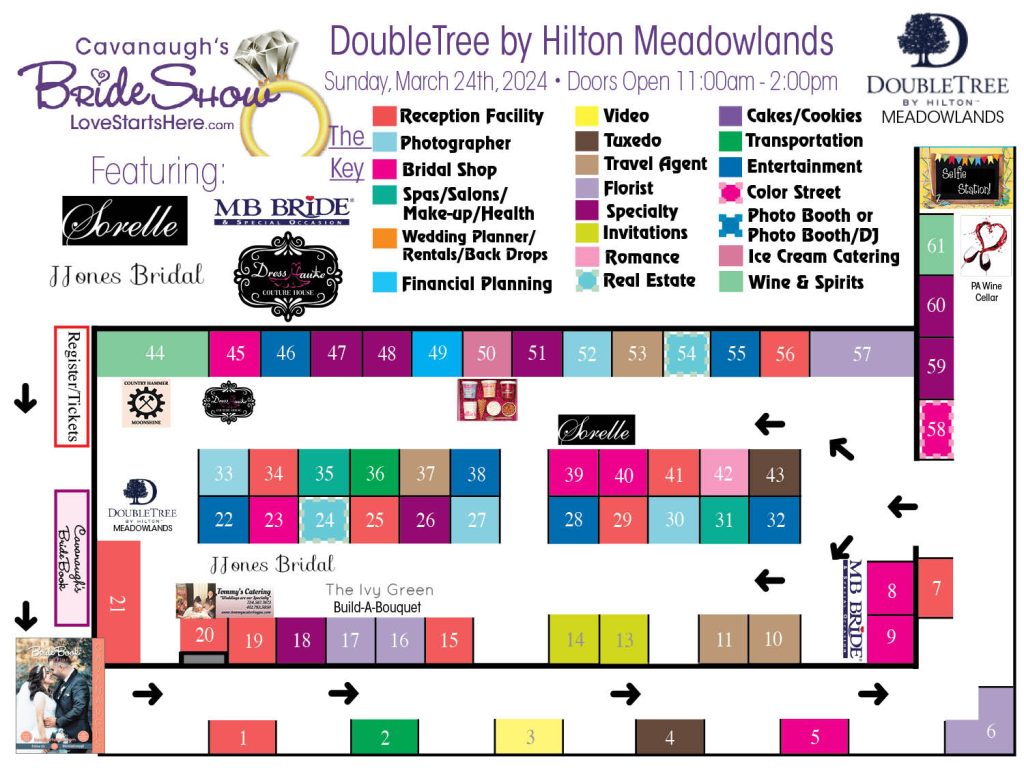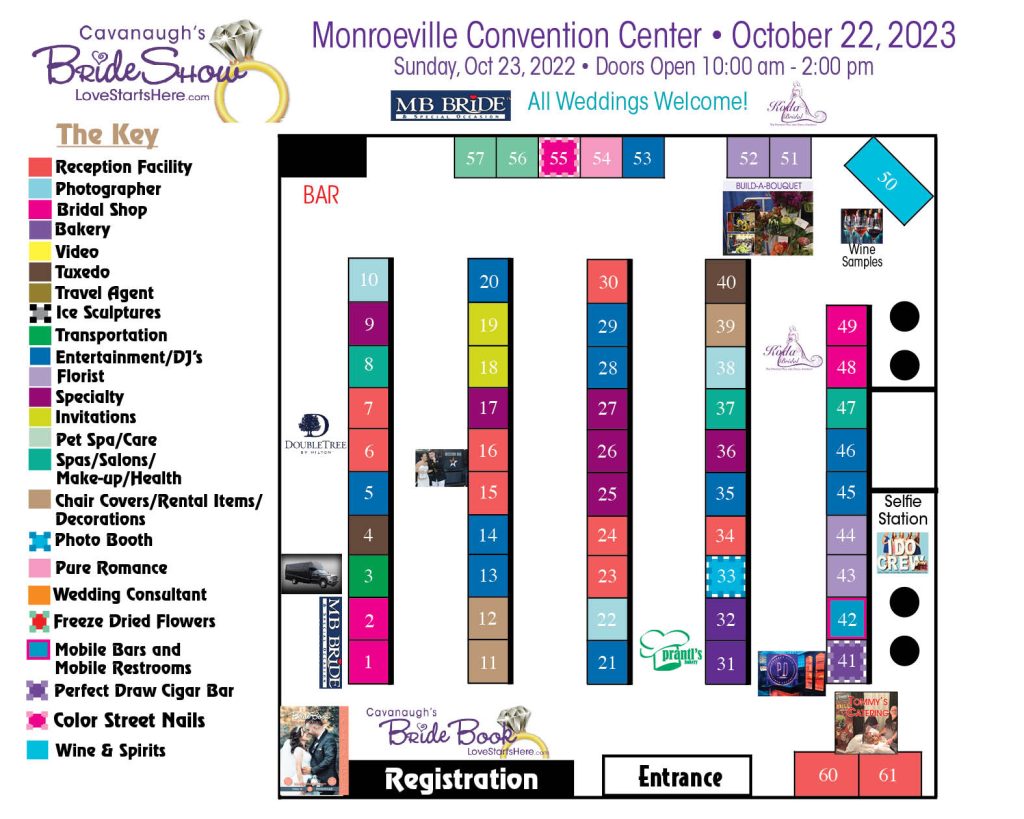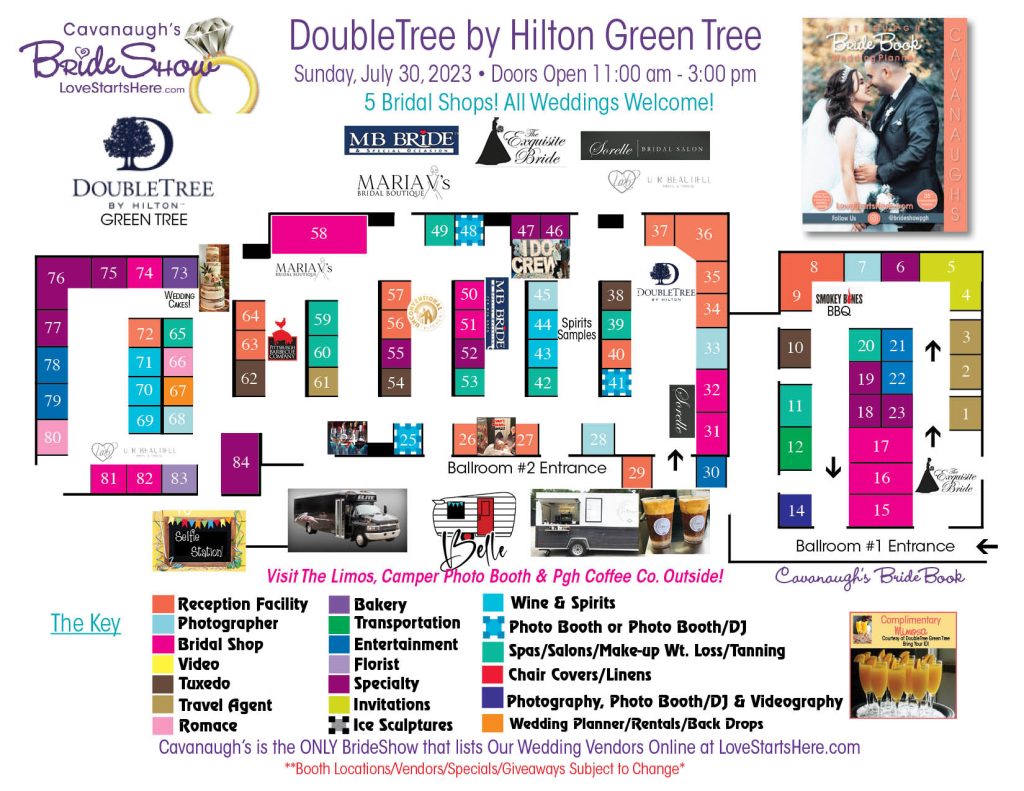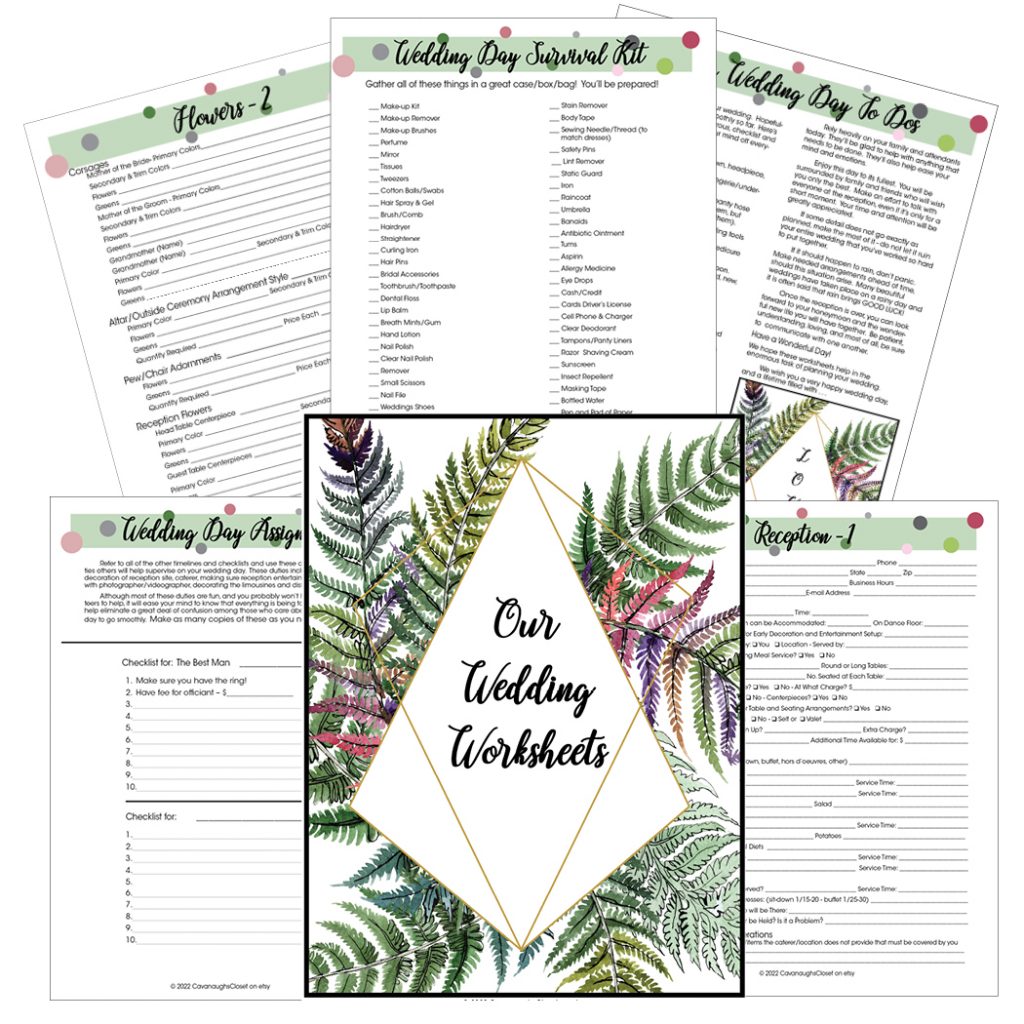Photography
Topic: Choosing a Photographer/Wedding Photos
Timeframe: ASAP
Pittsburgh Wedding Photographer Business Listings
Choosing a Wedding Photographer
While the techniques and technology of wedding photography continue to change and improve, one thing remains the same. You want wedding photographs that reflect your taste and that will one day become family treasures.
There are three basic types of wedding photographers: 1) owner/operators who both own the studio and shoot the photos; 2) staff photographers who work exclusively for a particular studio; 3) freelance photographers who may work for several studios or who operate independently.
Equally important is the creative approach of the photographer. There can be wide variation within the common definitions of candid, documentary, photojournalistic, and classic. It’s worth the extra effort to make sure you and your photographer share the same definitions and expectations.
When to Book?
Couples should begin looking for a photographer at the same time they are making plans for the ceremony and reception, as many photographers will be booked a year or more in advance. Determine a budget ahead of time.
Choices
Depending on your budget, you might choose from the following:
• Traditional studio portraits.
• Classic and romantic posed shots immediately before/after the ceremony.
• Photojournalistic and/or candid shots of your entire wedding (sometimes including rehearsal dinner and other pre-wedding parties).
• Any combination of the above.
Time Saver:
Studio portraits can be coordinated with your final fitting to save time. Be sure to see if you can have a replica of your bridal bouquet made should you choose to do this.
Changing Technology
Digital photography and new photo storage and editing mediums has brought a host of new options and choices. Some photographers use proofs, while others prefer slides, and still others use computer programs to display images before assembling the final wedding album. The need for flash will depend on the photographer, type of images, and the setting. Ask your photographer about his or her preferences and experience.
Compatability
One of the most important qualities of the photographer you choose should be his or her personality. They should be pleasant, someone who adds an element of calm to an otherwise emotional day. The photographer should show a genuine interest in you and your concerns. Since you will be spending almost an entire day with them, you need someone who will put you at ease and make you feel comfortable. That comfort will show in the end result of a beautiful wedding album.
Viewing Sample Wedding Albums
Ask to see the photographer’s sample albums as well as proofs and a complete album from a recently photographed wedding. Do you like the style of the photographs? Do the photographs capture emotions? Can you picture yourself within the sample album?
Take note of the quality exhibited in the images. Are the subjects in sharp focus and are colors crisp and clear? Is lighting and exposure well done? Do shadows enhance the subjects or detract from them?
When viewing sample photos, be sure to ask if they were taken by the photographer you are speaking with. If not, be sure to personally meet with the photographer who will be photographing your wedding and ask to see a representation of their work.
Questions for Your Photographer
There are many details to consider when making a final decision on your photographer. The following questions will guide you to make the most informed decision possible.
1. Does the photographer bring a second photographer and/or assistant?
A second pair of eyes and hands may be needed if you’re having a large wedding. Smoother transitions from one set up to another will definitely save time.
Etiquette Tip:
Be sure to spell out your expectations for how the photographer and any assistants will dress for the occasion.
2. Does the photographer have back-up equipment, and back-up photographers in case of technical problems or personal illness?
This is very important to ensure the quality of your photographs and peace of mind.
3. Can the photographer do outdoor and on-location photography?
Many couples have a special place they would like to be photographed on their wedding day. If time restrictions won’t allow this, ask about the possibility of photographing these at another time.
4. Is the photographer a member of any professional organizations or group?
While credentials matter less than the work itself, it’s always good to gauge a person’s long term commitment to his or her craft.
5. What is the typical shooting schedule?
When and where will the photographer arrive and how long will he/she stay? Are there extra charges for travel and additional time spent? Approximately how many photographs will be taken during the ceremony and reception coverage? Is there a limit on the number of exposures that will be taken? If so, what is it?
6. How does the photographer handle the guests at the wedding who will want to take their own pictures?
Be sure your photographer will work well with your family and friends, as taking pictures is very important to them also.
7. When and where are formal portraits taken?
Formal portraits may be done in advance at the studio or your home, or they can be taken on the day of the wedding. If doing them in advance, be sure to see if you can have a replica of your bridal bouquet made. If doing them the day of the wedding, you have choices there also. Many couples are stepping around superstitions and having portraits taken together before the ceremony. This saves much time and can actually be very calming to each other before you walk dow n the aisle. The other option is to have them done after the ceremony, considering the time allowed.
8. How much time is needed for family portraits?
If extra time will be needed between the wedding and reception, schedule reception time accordingly, or opt to have photographs taken ahead of time.
9. Does the photographer offer a slide presentation of the bride and groom?
Many photographers or videographers can create a slide presentation in which you supply them with photographs from your lives (childhood to adult) and they put them together with music. This is usually shown at the reception.
10. Will the photographer work well with the videographer?
Ask if there is a problem working with a videographer, and can the two of them possibly talk prior to your wedding to set up camera placement.
Etiquette Tip:
Assign one or two friends to point out key friends and family members to the photographer and videographer on the day of the wedding. This will ease your concern that nobody be missed.
11. Does the photographer offer both packages and ala carte plans?
Specifically ask what each wedding package includes. The photographers time, wedding album, the number and size of photographs, retouching, formal portraits, special effects? Is the price based on the number of photographs or the number of pages in the album?
Although you should know how many photographs are included in your package, it is more important to look for quality over quantity.
Photography is not something that is purchased by the pound. When choosing your photographer, don’t be misled by the number of photographs included in a package, instead look at the quality of the photographs. Are the images what you would like your album to look like? It’s what the photographer can create on photographic paper that gives it its value. Remember, just one photograph that you love will be more valuable, more treasured than many photog raphs you are unhappy with.
12. How will the images be previewed?
Does the photographer use proofs, slides, or a computer to display images before assembling the final wedding album? If proofs, how long will you be able to view the proofs before ordering the wedding album?
13. When will the wedding album be available?
The amount and type of pictures you choose will affect the time involved in preparing your finished album(s).
14. What other special items are available?
Many photographers offer a variety of options when it comes to your wedding photographs. Oil portraits can be magnificent – be sure to ask about price and timing. They may also offer photo invitations, photo thank you notes, parents’ albums, and customized portfolios.
15. How long are the images kept?
If your wedding album is destroyed in five, ten’ or twenty five years from now, will you be able to order a replacement? Will the photographer notify you if he/she decides to no longer keep the images or goes out of business?
Once You’ve Decided
When you’ve made your final decision on a photographer, notify them as soon as possible to lock in your wedding date. Meet with them and be sure to get all of the details in writing. The contract should cover the details as listed in Contract Information. In addition, let your photographer know the details of your wedding and of any special circumstances such as:
• number in wedding party
• wedding party colors
• children in wedding party
• any physically challenged people and their special requirements
• lists of photographs and special groups of people you’ll want together
Hiring a professional photographer may cost a few dollars more, but it is comforting to know that the duty lies in the hands of a trained professional, someone who wi ll work to capture images you will treasure forever. Be sure to check out the Photography Worksheet!
Additional Photography
Photography can enhance your wedding, from engagement through the end of your honeymoon. Many couples begin their own personal photo album of special moments such as engagement parties, gown fittings, showers, and bridesmaids’ luncheons.
Organizing Personal Photographs
Plan on organizing your personal photographs and memorabilia properly. Choose materials for long-term storage—available by mail from companies that specialize in library and museum archival work. Be sure your albums have acid-free paper. If you use albums with plastic pages and covers, be sure they do not contain polyvinylchloride (PVC), which can cause the plastic to gradually disintegrate your photographs. When labeling photos, use only pens tested for long term photographic storage. Taking extra care now will ensure your photographs will last a lifetime.





 '
'









